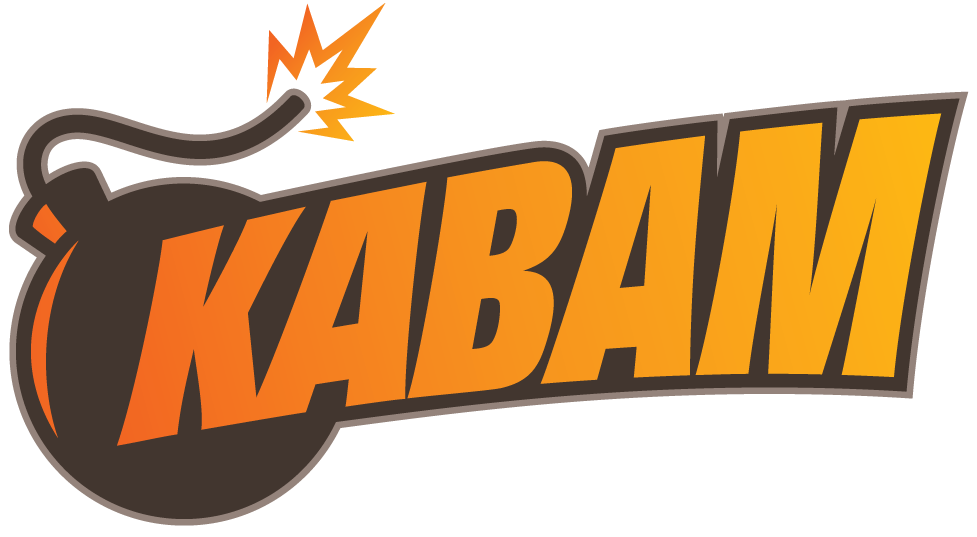
Kabam, a Cal-founded entertainment and gaming company, offers cash prize & internship opportunity!
The Sutardja Center is pleased to announce the Kabam Collider Project. Kabam, creates develops, and publishes games via Apple App Store, Google Play and the Amazon App store. The company has more than 850 employees worldwide and is headquartered in San Francisco. Three of Kabam’s co-founders, a majority of their first 25 employees, and 10% of their San Francisco workforce are Cal alumni.
The company strongly believes in giving back to Cal and this collider project is an open challenge for UC Berkeley students to develop a new methodology and implementation process to price goods while accounting for relative global economics. As the worldwide consumer market continues to expand to new territories, this challenge seeks to apply advanced concepts in the areas of Business, Finance, Economics, International Trade, and Public Policy to solve for the challenges presented by global commerce.
Project Kick-off Date: September 25, 2015 at 12:00PM-2:30PM in 306 Soda Hall
Location: Please register via EVENTBRITE
Kabam will offer a lecture session to provide an overview of the company, its markets and business model. The team introduce a business case and detail the challenge.
Eligibility:
Undergraduate and graduate students with skills in engineering, finance, economics, international trade and markets are encouraged to participate. Students should form teams of 2 or 3 for the project. Team members are required to attend the kick-off lecture to sign-up for this project.
Award:
To encourage students to apply these principles towards strategic change, Kabam is offering a unique opportunity for the top students/teams to present their proposal to the Studio Strategy business group at Kabam, and is additionally offering a $15,000 award for the best team proposal. Kabam is proud to cultivate and incentivize change from the ground up, and strives to encourage the next generation of innovators to continue to challenge the status quo.
Project Description:
Kabam develops and publishes games on mobile devices using a “freemium” model. Gamers then have the option of purchasing “in-game” currency that can be used to buy various items (energy, heroes, troops, etc). For publishers, like Kabam, which publish games globally, Apple has created a price tier structure aimed to prevent pricing arbitrage between different currencies. However, this structure does not take into account the relative purchasing power of gamers in different markets. The project challenge is to propose a strategy or solution that addresses (at a minimum) the following questions:
1. If Kabam wanted to price goods in‐game on a local market basis, how should the prices be set?
- If a virtual good cost $5 in the U.S. how much should it cost in say Italy, Brazil, Mexico, Malaysia etc.
- What methodology should be used to establish these prices?
- What are the respective trade‐offs between conversion (the % of player that convert to payers) and the avg. revenue per payer?
2. Given Apple’s pricing tiers, which doesn’t allow for discounted hard currency pricing, how could Kabam implement these prices‐in‐game?
- How could a unique pricing structure by market – be implemented in‐game?
- What other real‐world examples exist (outside of gaming) in which prices for the same good differ by market (based on purchasing power) & how can you prevent cannibalization of more affluent markets
- What real‐world examples exist within gaming?
